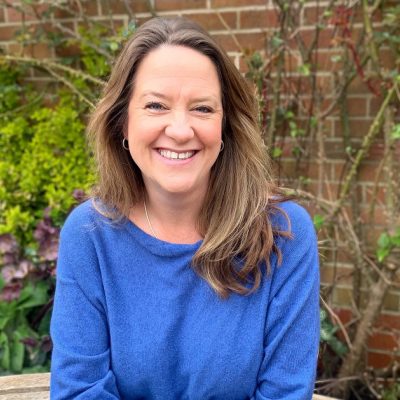"We must speak up and do something.” These are the words of the people of God as they gathered together in horror after an act of unspeakable violence (Judges 19:30). A woman, neglected and rejected by a husband who valued his own life above hers, had been gang raped and killed. God’s people came together, grief-stricken and outraged.
When I imagine that scene, the people of God coming together in holy horror and grief, I can see similarities between the scenes we witnessed after the murder of George Floyd and during the vigil on Clapham Common, London, following the murder of Sarah Everard: a collective outpouring of grief and anger as one person’s story comes to represent so many more.
What happened to Floyd was wicked in and of itself, but it resonated with the everyday experience of black men and women, all around the world. What happened to Everard did the same for women.
What happened in the time of the Judges, to a woman whose name we never get to hear, galvanised a society which had, during this period, drifted further and further from God. That drift can be documented, terribly, in the lives of the women in Israel. The whole book of Judges recounts the treatment of women spiralling into a godless abyss, with this woman’s abuse and death at the very bottom.
As God’s people, today it’s easy to distance ourselves from that story in Judges 19. It happened 3,000 years ago in a time we see as more barbaric, with people who weren’t like us. We like to think we would never do something like that, that it couldn’t happen in today’s world, to women and girls we know.
But it does. According to United Nation statistics, 15 million adolescent girls worldwide have experienced forced sex. Nine million of those in the last year. Nine million girls whose names, like the woman in Judges 19, we’ll never know.
Every day, 137 women around the world are killed by men who were meant to love them – fathers, husbands, brothers: 137, every single day. In the UK, that translates to two women a week being killed by an intimate partner. One in four women will be subjected to domestic abuse at some point in their lifetime.
In our churches too
Women are still being neglected and rejected, their lives are still valued as less than the men around them, and they are still being subjected to sexual and physical violence. It happens on our streets, it happens in our homes, and it happens in our churches.
That’s not a sentence I enjoy writing. But Restored, together with the University of Coventry and the University of Leicester, conducted research in 2018 that showed that one in four churchgoers have experienced abuse in a current relationship (see restored-uk.org/research). One in four – it’s the same figure outside the church. I don’t like writing that sentence either.
Most of us don’t like thinking about it at all; we don’t want it to be true, so we look the other way. But it’s time to turn our eyes and recognise the problem. Only then can we create a church that genuinely looks the way we believe it should, and create a culture that stands against abuse and creates a place of safety and refuge. We can build a church that models marriages and relationships that reflect the love of Christ to the world around us.
We need to speak up and do something, and we can start right where we are. Our research suggested that domestic abuse is a great taboo in many of our churches. Nearly 60 per cent of respondents had never heard domestic abuse mentioned in a sermon; most churches don’t have information about where to go or who to speak to if you’re being subjected to abuse. Only two in seven Christians surveyed felt their church was adequately equipped to deal with a disclosure.
Those are things we can do something about (see restored-uk.org/training). We can tackle the difficult topics in our sermons, reach out to support our local refuge and get trained to respond to disclosures. We can make it clear that we care, that there is a safe place for people to talk and find support.
Let’s speak up. Let’s raise our voices to affirm the value of every member of our community and to stand against abuse in all its forms. Let’s do something to restore dignity and security to those who’ve had it taken away and help them to find a new identity in Jesus.
Continue
Join Bekah Legg, Jo Frost and Jo Evans in a conversation addressing violence against women and what the church can do to speak into and change culture: eauk.org/bekahlegg


